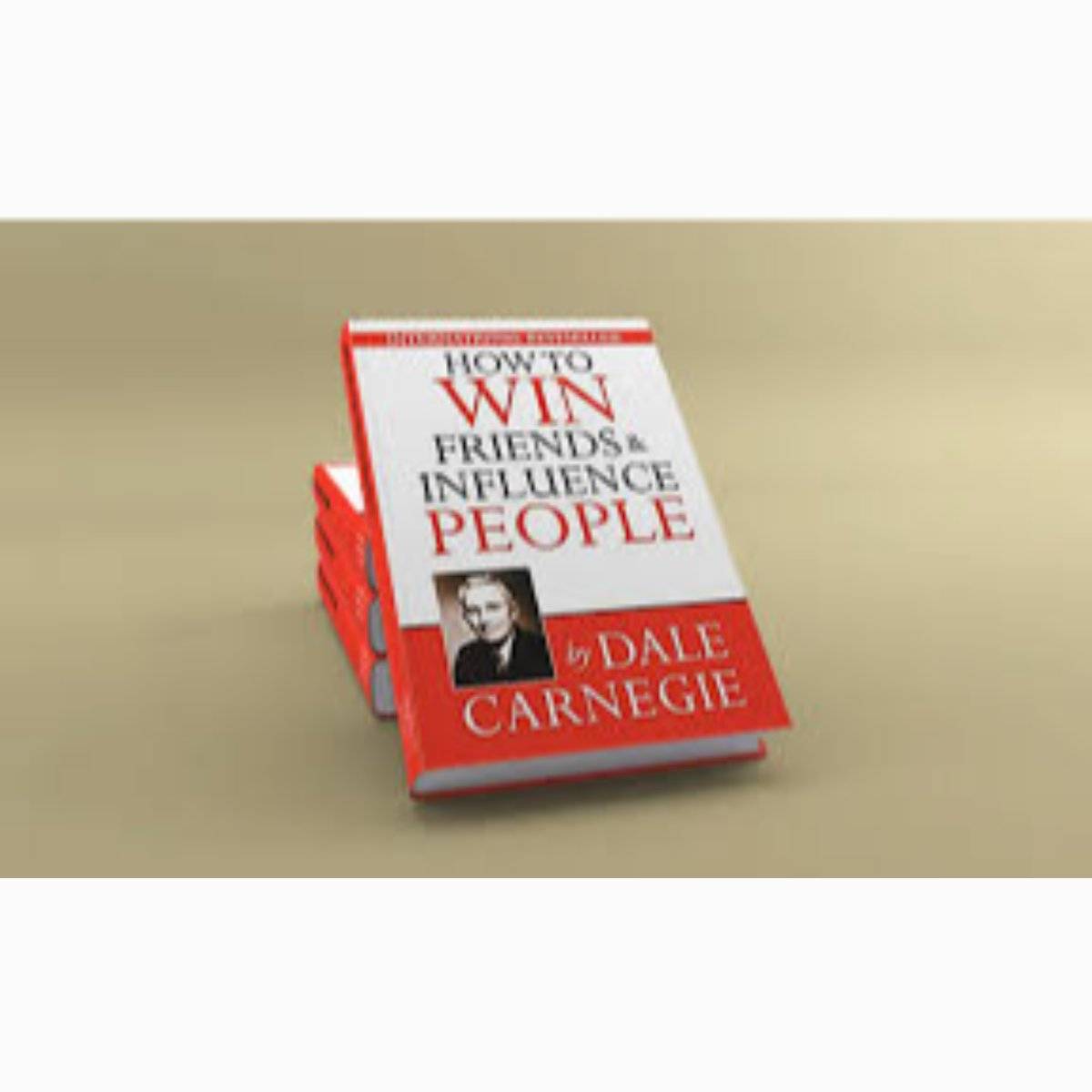
Dale Carnegie's How to Win Friends and Influence People continued to amaze me with its simple but riveting points. Carnegie would use light praise or questioning instead of ordering to be more likable. Carnegie used personal and historical anecdotes throughout the book to convey his points. Unlike the beginning, which I already posted about, many of the suggestions became more complex compared to the first few.







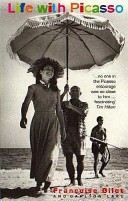

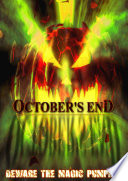
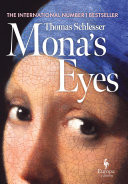

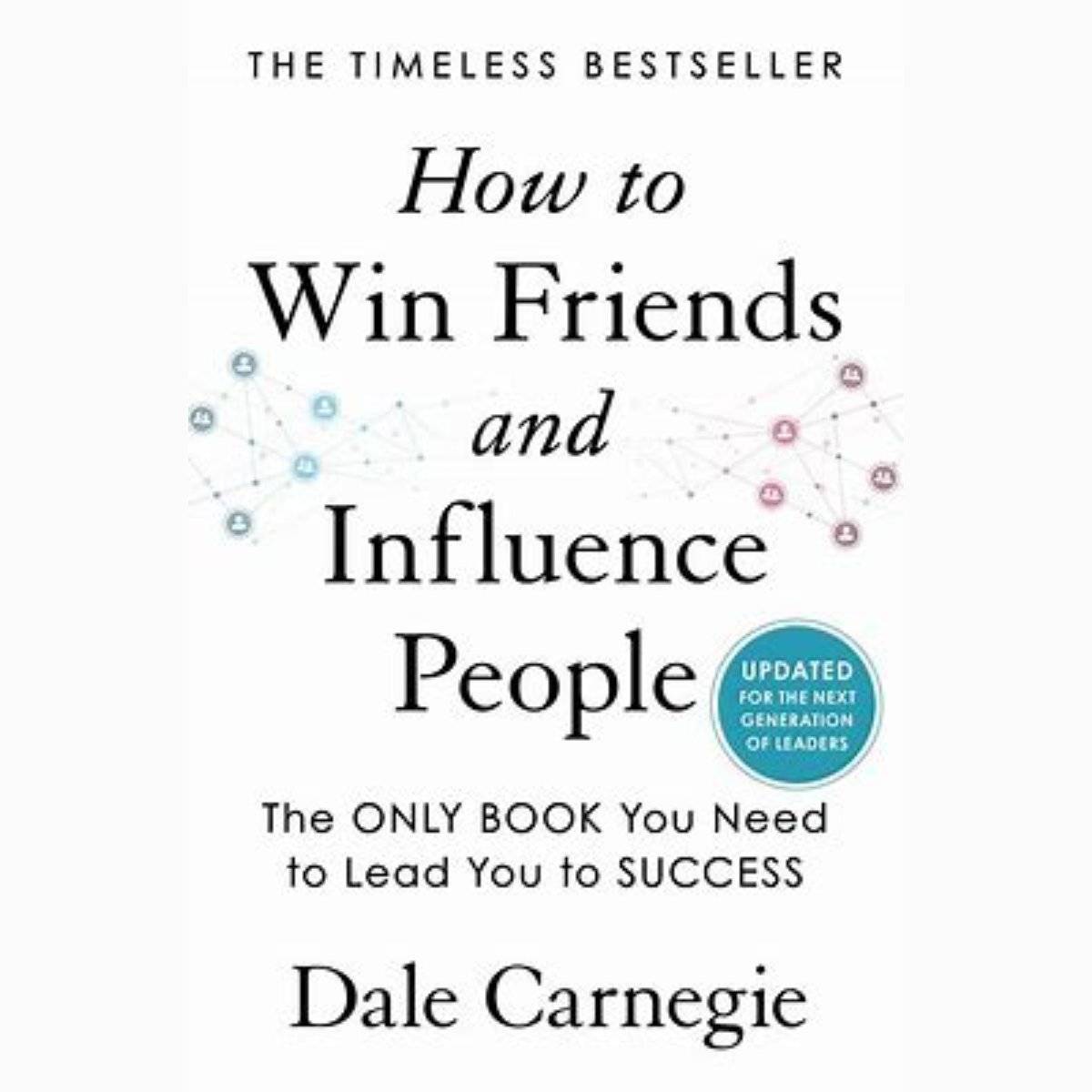
10mo